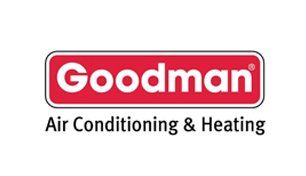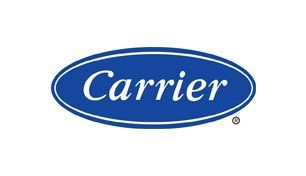Air West Air Conditioning Frequently Asked Questions
$69 Tune-Up
Free Service Calls
24/7 Emergency Services
0% Interest for 12 Months
Request a Call Back
FAQS Hero Request Form
$69 AC or Heating Tune-Up
EXPIRES SOON CLICK FOR DETAILS
FREE SERVICE CALL
EXPIRES SOON CLICK FOR DETAILS
Here's what customers are saying about Air West Air Conditioning!
"I truly loved Jess, the technician who came to help. She has great knowledge and quality work. I was really grateful for the fix she did!
Truly thoughtful, good pace, and reliable!"
- Jennifer J.
"Rodney was excellent. Worked hard, fixed an issue that would have been a problem in the future, did not try to upsell anything."
- Lisa M.
"The Air was not blowing cold. Called Air West at 7:30 am, Juan was out by 10am, and we were up and running within an hour. Juan provided excellent service and a very quick response. Great company, do not hesitate to give them a call for all your A/C needs. You’ll be happy you did."
- Barbara L.
Learn More About Air West Air Conditioning
Have an HVAC-related question? We have the answer. Check out these FAQs and give us a call today for more information!















Share On: